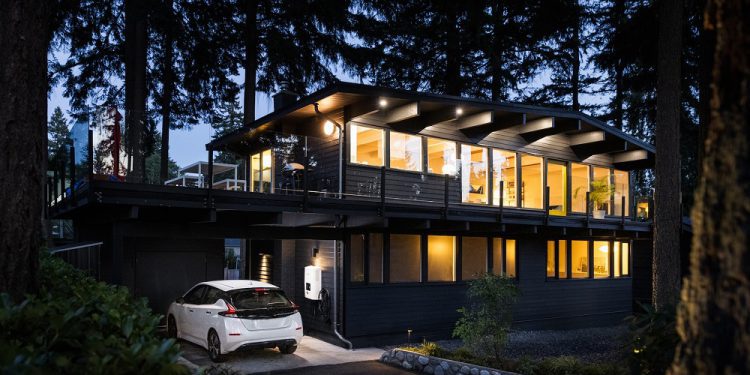Most learning management systems (LMSs) offer comprehensive reports and analytics that can give you a detailed look at how your employees perform. However, some LMSs fall short in this area, leaving you with less information than you need to make informed decisions about your employees’ training.
Here are 6 of the features you should look for in an LMS when it comes to reports and analytics:
Reasons Why You Need a Backup Power System
Storms and Natural Disasters
The most common reason for needing backup power is storms and natural disasters. If a big storm takes down power lines in the area or an earthquake upsets the gas supply, you’ll find yourself without power or heat. Natural disasters already create a very dangerous situation, and in all the disruption, it can be quite a long time before things get back to normal. Having a backup generator will keep you safe and comfortable during this crisis.
Electrical Faults
Electrical faults in the home can happen for all sorts of reasons. It might be that something overloads the wiring and causes it to short, or maybe the wiring is just old and needs replacing. If you have plumbing issues and water leaks onto the electrics, this can cause some dangerous problems too. When you experience an electrical fault, you’ll need to call out a professional electrician to fix it for you. However, in the meantime, you’ll need to power your house somehow. Having backup electricity sources means that you can still run essential appliances like your refrigerator.
Energy Shortages
Currently, the world is in an energy crisis. Prices are on the rise and there is talk of energy shortages soon. This means that your energy could become very unpredictable and could even be cut off. However, if you have a generator that can run on petroleum instead of relying on the grid, you are independent of it, and you can still maintain power even when there are big energy shortages. You also have more control over how much you pay for your power because you can decide whether it’s cheaper to use electricity from the grid or to power your home.
Choosing a Backup Power System for Your Home
So, now you’re clear about the reasons for a backup power system, you should start thinking about installing one in your home. There are a few different options you can choose from, each with its pros and cons. Read on to learn more about choosing the right backup power system for you.
Battery Backup
A battery backup is exactly what it sounds like. It’s a large electrical battery that fits on the side of your home and hooks up to the electrics in your home. When the power goes out, the battery kicks in and powers everything as normal.
Some people like batteries because they are quite easy to install and they don’t require much maintenance. They also don’t make much noise at all. However, there is one big downside to batteries; they don’t power your home for that long. Many backup batteries will only give you 2-3 hours of power at most before running out. You can link them with solar panels to provide some more power (more on this later), but they’re not going to sustain you for a few days if there is a big natural disaster.
Generators
Generators are the best option for most people. They are slightly more difficult to install and you need to keep them filled up with fuel. However, this is only a small job and it’s worth it because they are so much more reliable. A good quality generator can power your home for as long as you like, if you have the fuel to put into it. So, in a crisis, they are so much more reliable. When choosing a generator, make sure you go for dual fuel generators that can run on natural gas or propane. That way, you have more options if there are supply issues, so you can make sure that your home is always powered. Invest in a large generator that can keep your home powered as normal for a long time and you will be prepared for anything. The other great thing about generators is that they are cheaper to buy than batteries, so you get much more for your money.
Sustainable Energy
The final option is to consider sustainable energy sources. If you can generate your own energy, you will always have a reliable power source, regardless of what happens to your gas and electricity supply. Installing solar panels and wind turbines around your home can help you generate some or all of the power you need in your home. Not only is this a great way to give yourself a backup, but you can also save a lot of money. You can install batteries in the home to store any excess energy that you generate, so you are prepared for anything. However, you should bear in mind that if the solar panels or turbines are damaged in a storm, for example, you could be left vulnerable. So, it’s always good to have a generator too.
Nobody thinks they need a backup power supply at home until it’s already too late, so get yours sorted out right away.






